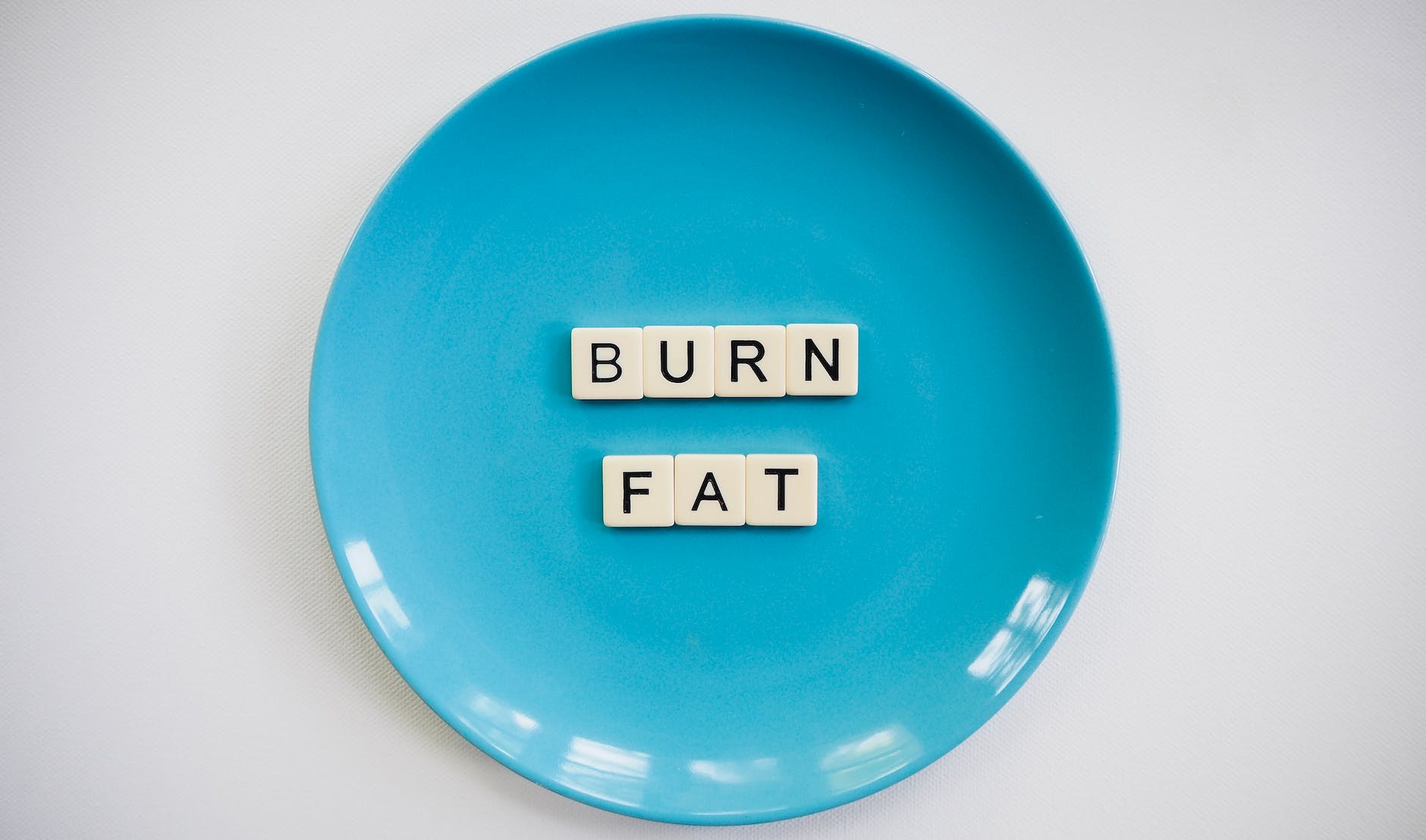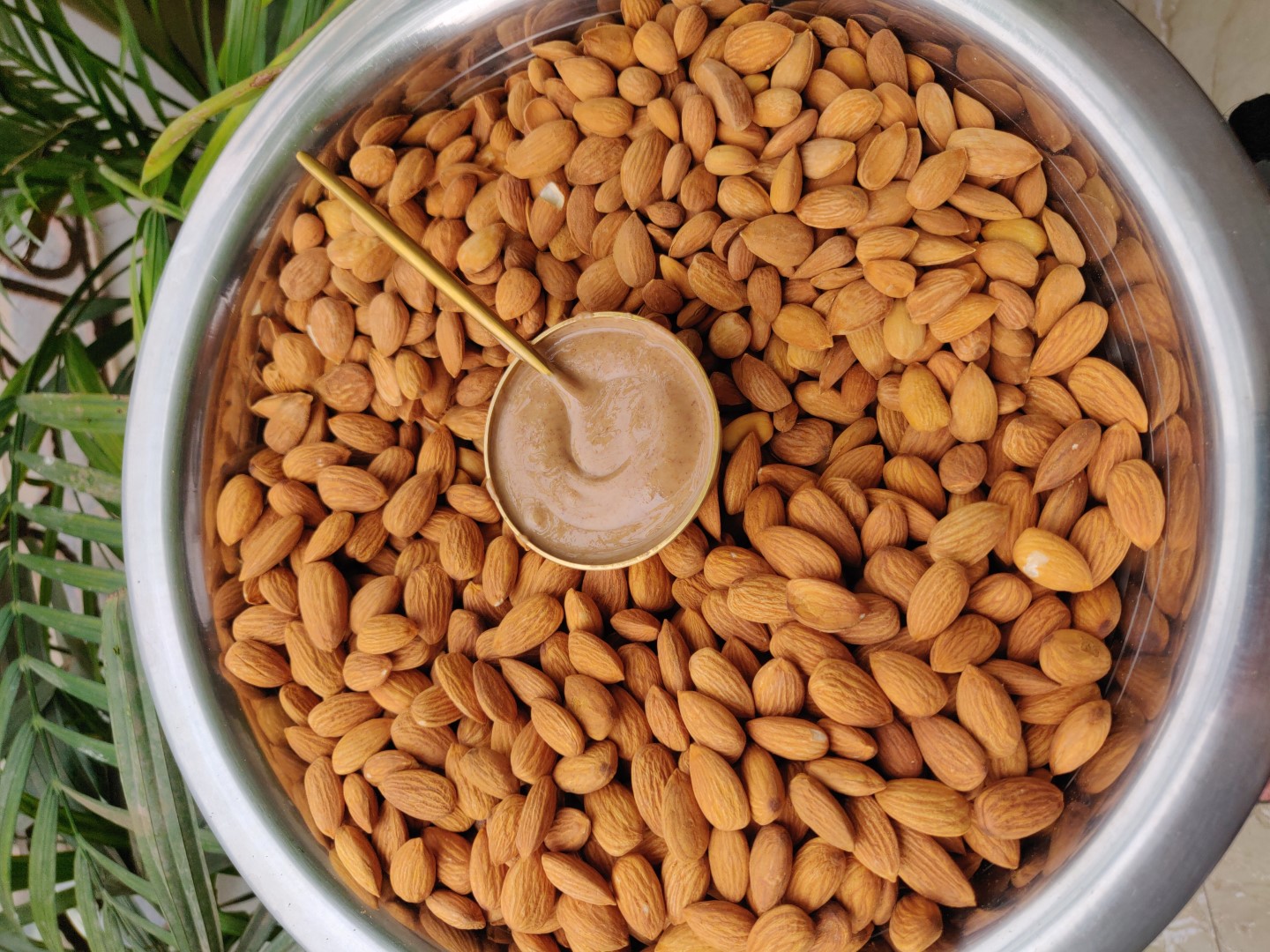
Introduction 🚀
Flaxseed, also known as linseed, is a tiny powerhouse of nutrition and has gained popularity as a superfood in recent years. Packed with essential nutrients, including fiber, healthy fats, and plant-based protein, flaxseed offers numerous health benefits, including supporting weight loss efforts. In this expansive and detailed blog post, we will delve into the weight loss benefits of flaxseed, explore its nutritional profile, discuss the science behind its effectiveness, provide practical tips on how to incorporate flaxseed into your diet, share delicious recipes, and address common questions to help you achieve success on your weight loss journey.
Understanding the Weight Loss Benefits of Flaxseed 🌱⚖️
Flaxseed offers several key benefits that support weight loss:
- High Fiber Content: Flaxseed is an excellent source of dietary fiber, with both soluble and insoluble fibers. The high fiber content of flaxseed promotes satiety, reduces hunger cravings, and helps control portion sizes by making you feel fuller for longer periods. It also aids in digestion, supports a healthy gut, and helps regulate bowel movements.
- Healthy Fats: Flaxseed is rich in alpha-linolenic acid (ALA), an omega-3 fatty acid. Omega-3 fatty acids are known for their anti-inflammatory properties, which can help reduce inflammation in the body, potentially supporting weight loss efforts. Additionally, healthy fats contribute to a feeling of fullness and satisfaction, reducing the likelihood of overeating.
- Plant-Based Protein: Flaxseed is a plant-based source of protein, which is essential for building and repairing tissues, supporting muscle growth, and promoting a feeling of fullness. Protein has a higher thermic effect, meaning it requires more energy to digest, leading to increased calorie expenditure. Including protein-rich foods like flaxseed in your diet can help support your weight loss goals.
- Low Carbohydrate Content: Flaxseed is relatively low in carbohydrates, making it suitable for low-carb and ketogenic diets, which have been shown to be effective for weight loss in many individuals. By reducing carbohydrate intake and increasing healthy fats and proteins, flaxseed can help regulate blood sugar levels, stabilize energy levels, and support fat burning.
- Blood Sugar Regulation: The combination of fiber, healthy fats, and protein in flaxseed helps stabilize blood sugar levels, preventing spikes and crashes that can lead to increased hunger and overeating. Maintaining stable blood sugar levels is crucial for weight management and overall health.
Incorporating Flaxseed into Your Weight Loss Journey: Practical Tips 🌱🍽️
Here are practical tips on how to incorporate flaxseed into your diet for weight loss success:
- Ground Flaxseed vs. Whole Flaxseed: To fully access the nutritional benefits of flaxseed, it is best to consume ground flaxseed rather than whole flaxseed. Grinding flaxseed makes its nutrients more bioavailable and easier for the body to digest. You can grind flaxseed using a coffee grinder or purchase pre-ground flaxseed for convenience.
- Storage and Freshness: Flaxseed contains healthy fats that can become rancid when exposed to air and light. To maintain its freshness and nutritional integrity, store flaxseed in an airtight container in the refrigerator or freezer. This will help prevent oxidation and extend its shelf life.
- Flaxseed Egg Replacement: Flaxseed can be used as an egg replacement in baking recipes, making it suitable for those following a vegan or egg-free diet. To substitute one egg, mix one tablespoon of ground flaxseed with three tablespoons of water and let it sit for a few minutes until it forms a gel-like consistency. This flaxseed gel can be used as a binding agent in recipes.
- Smoothie Booster: Add a tablespoon or two of ground flaxseed to your smoothies for an extra nutritional boost. Flaxseed blends well with fruits, vegetables, and plant-based milk, adding a nutty flavor and creamy texture. This not only increases the fiber and healthy fat content but also enhances the overall nutrient profile of your smoothie.
- Sprinkle on Yogurt and Cereal: Sprinkle ground flaxseed on top of yogurt, oatmeal, or cereal to add a crunchy texture and boost the fiber and nutrient content of your breakfast or snacks. Flaxseed pairs well with a variety of flavors and can easily be incorporated into your daily routine.
- Baking with Flaxseed: Incorporate ground flaxseed into baked goods, such as muffins, bread, or cookies. It adds a nutty flavor, enhances the nutritional value of your treats, and can act as a binding agent. Replace a portion of the flour in your recipes with ground flaxseed to boost the fiber and healthy fat content.
- Flaxseed as a Salad Topper: Sprinkle ground flaxseed on salads for a nutty taste and added texture. It pairs well with leafy greens, vegetables, and protein sources like chicken or tofu. The fiber and healthy fats in flaxseed can help increase the satiety factor of your salads.
- Flaxseed in Homemade Energy Balls: Combine ground flaxseed with dried fruits, nuts, and nut butter to make energy balls. These nutrient-dense snacks are perfect for satisfying cravings and providing a quick energy boost. They can be enjoyed on-the-go or as a pre- or post-workout snack.
Delicious Flaxseed Recipes for Weight Loss Success 🌱🍴
- Flaxseed Overnight Oats: In a jar, combine rolled oats, your choice of milk (dairy or plant-based), a tablespoon of ground flaxseed, and your favorite toppings such as berries, nuts, or a drizzle of honey. Mix well, refrigerate overnight, and wake up to a ready-to-eat, fiber-rich breakfast that will keep you fueled and satisfied.
- Flaxseed Smoothie Bowl: Blend together frozen fruits (such as berries or bananas), a handful of spinach or kale, a tablespoon of ground flaxseed, a scoop of protein powder, and your choice of liquid (milk or water) until smooth and creamy. Pour into a bowl and top with additional fruits, nuts, seeds, and a sprinkle of ground flaxseed for a nourishing and visually appealing breakfast or snack.
- Flaxseed-Crusted Baked Chicken: Mix ground flaxseed with your favorite herbs and spices, and use it as a coating for baked chicken breast or fish fillets. This adds a flavorful and crispy texture while providing a boost of healthy fats and fiber. Serve with a side of roasted vegetables for a complete and nutritious meal.
- Flaxseed Energy Balls: In a food processor, combine dates, nuts (such as almonds or cashews), a tablespoon of ground flaxseed, a pinch of sea salt, and a teaspoon of vanilla extract. Pulse until well combined, then roll the mixture into bite-sized energy balls. Refrigerate for a few hours to firm up, and enjoy as a satisfying snack or dessert.
- Flaxseed Salad Dressing: Whisk together extra-virgin olive oil, apple cider vinegar, Dijon mustard, a teaspoon of ground flaxseed, and a touch of honey or maple syrup for a flavorful and nutritious salad dressing. Drizzle over your favorite salads to add healthy fats, fiber, and a burst of flavor.
Addressing Common Questions about Flaxseed ❓
- How much flaxseed should I consume per day? The recommended daily intake of flaxseed is around one to two tablespoons of ground flaxseed. However, it’s important to listen to your body and adjust the amount according to your individual needs and tolerances.
- Can flaxseed help with constipation? Yes, flaxseed is an excellent natural remedy for constipation due to its high fiber content. It adds bulk to the stool and helps promote regular bowel movements. Make sure to drink plenty of water when consuming flaxseed to support proper digestion.
- Can I eat flaxseed raw? While flaxseed can be eaten raw, it is more beneficial to consume ground flaxseed as the body can better absorb its nutrients. Grinding the seeds helps break down the tough outer shell, enhancing digestibility and nutrient availability.
- Can I cook with flaxseed? Flaxseed is best used in recipes that don’t require high heat, as excessive heat can diminish its nutritional value. Incorporate ground flaxseed into no-bake recipes, smoothies, baked goods, and cold dishes for the best results.
- Is flaxseed safe for everyone? Flaxseed is generally safe for most people when consumed in moderation. However, some individuals may experience digestive discomfort or allergies to flaxseed. If you have any underlying health conditions or concerns, it’s best to consult with a healthcare professional before adding flaxseed to your diet.
Conclusion 🏁
Flaxseed is a nutritional powerhouse that can support your weight loss journey. With its high fiber content, healthy fats, plant-based protein, and blood sugar-regulating properties, flaxseed can help you feel fuller, manage your hunger, and promote overall well-being. By incorporating ground flaxseed into your diet through various creative and delicious ways, you can harness its potential for weight loss success. Remember to store flaxseed properly, grind it before consumption, and experiment with different recipes to find your favorite ways to enjoy this nutrient-dense superfood. Embrace the power of flaxseed and take steps towards a healthier and more vibrant life!
Disclaimer: This blog post is intended for informational purposes only and should not replace professional medical advice. Consult with a healthcare professional or registered dietitian before making any significant changes to your diet or weight loss plan.












